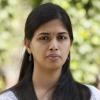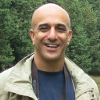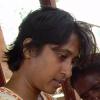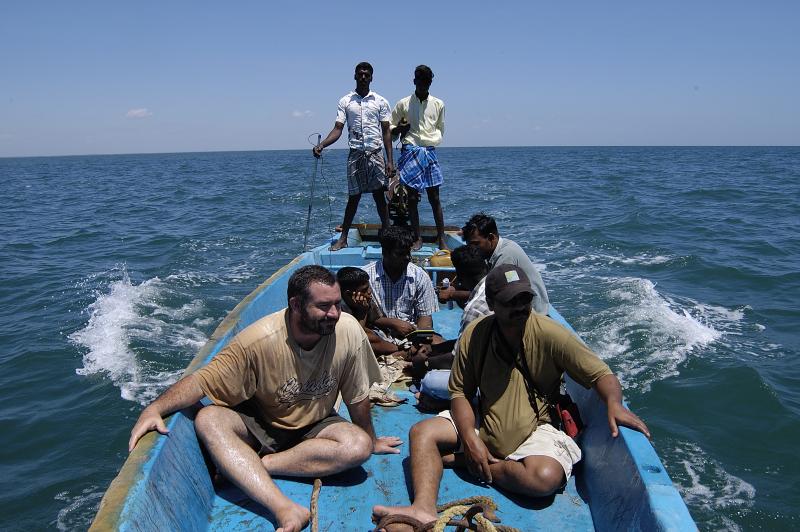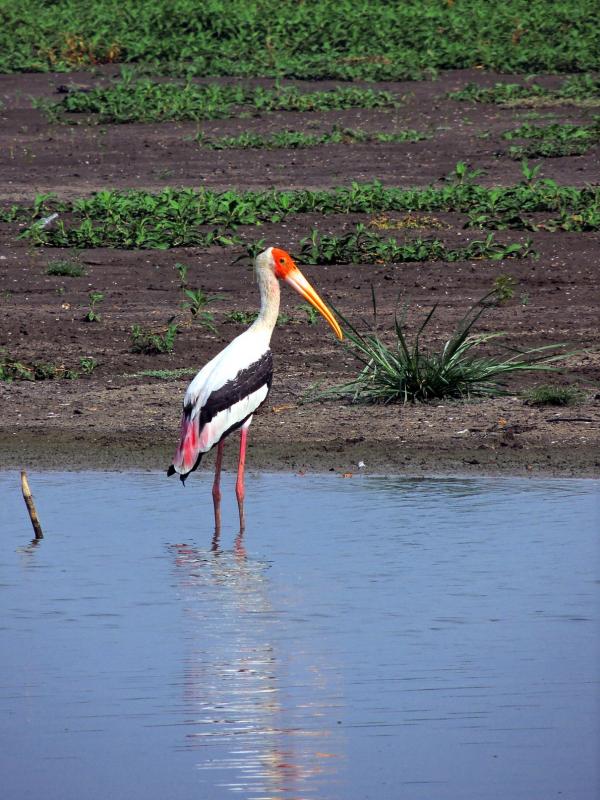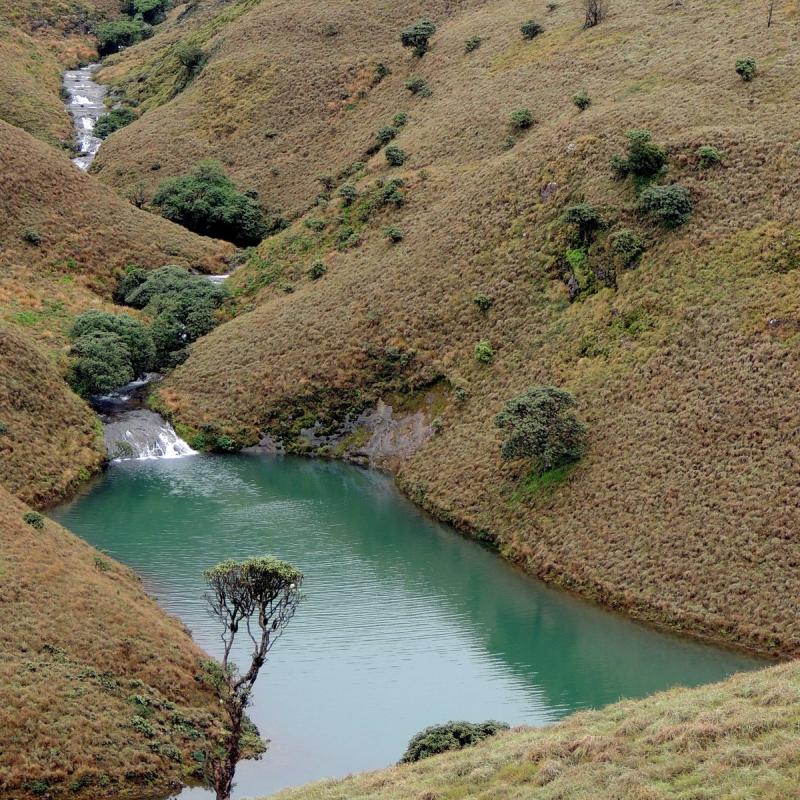Rauf Saad Ali, the seniormost founding trustee of FERAL, breathed his last on the 1st of April 2016.
Rauf slipped into a coma about 7pm the previous evening, shortly after insisting he be taken to his favourite round table under the neem tree outside his house in Auroville. His last conscious minutes were the chitchat and cheerful banter of friends and family. Rauf, to many of us in the ecology community, was much more than just a mischievous, provocative and eccentric scientist. He was a person of intellect with incisive logic and depth of knowledge in the subject.
FERAL would not have existed without Rauf. He put the trust together and steered it during its formative years, bringing in funds for projects such as mangrove restoration, tourism potential studies in KMTR and later, for work in the Nicobars. Rauf gave us the much needed legitimacy of a fledgling organisation and furiously networked to put us among the few research based conservation groups working in South India. Rauf injected fun and enthusiasm into the organisation, he also did his bit of “stirring the pot” as he called it, provoking thought and pushing us into taking bigger and newer challenges. He was a managing trustee a number of times - grudgingly accepting the responsibility as the post revolved round to him. Almost always, he was quick to relinquish the position to one of the junior trustees - he simply hated administration!
Rauf was not known for diplomacy, predisposed as he was to calling a spade a spade. His presence often caused anxious moments for those unable to deal with the “Rauf package” - some thought twice before inviting him to a major conference, just in case he sabotage the plot! To most of us, however, he was a valuable resource as a scientist, a solid friend to turn to during both professional and personal crisis and a great chap to hang around with for a drink, or more. Those who didn't know him personally, often referred to him as the nephew of Salim Ali, one of the greatest ornithologists India has seen. Behavioural ecologists would have come across Rauf’s pioneering work on primate behaviour in the Kalakadu Mundanthurai Tiger Reserve, that was part of his PhD. He wrote insightful articles both in scientific and popular journals covering a myriad of topics from stray and feral dogs to wildlife corridors and the problem of invasive species in the Andaman and Nicobar islands.
The last was his passion - to the extent that he had acquired a small plot of land to serve as a field station for researchers in the Andamans. To facilitate research in Andaman ecology was one of his most fervent desires, as was his dedication to the teaching of biological sciences. Rauf did not publish much by today's standards - which he considered a rat race. He did not care much for academic laurels - having been burned more than once by the system. But he did work for a long time on a book about his life - and the people in it. His friends were charged with the task of ensuring this book gets published in the coming months. Do it we will, knowing fully well that he's probably pulled our legs and twisted a few tales his way. It does look like Rauf is going to have the last laugh after all!
We will miss him dearly
Pratibha joint the board of trustees at FERAL in 2013. She fell seriously ill just a few years later and passed away on the 17th of March, 2016 at her home. Pratibha brought with her heaps of positive energy and leadership which enthused and revitalised FERAL. Her passing leaves a void which we will struggle to fill.
This short piece by Ranjit Lal captures Pratibha's essence. Reproduced with his permission.
Sitting at the edge of a jheel or water-body, motionless for hours, elbows on drawn-up knees, binoculars glued to her eyes, willing a nondescript, recalcitrant salt-and-pepper wader to reveal its identity to her. Minutely scrutinizing an eagle’s face and then happily telling you what the shape of its nostrils or the colour of its iris was! Every feather and feature observed and noted: they were of vital importance for her finely detailed and beautifully coloured water-colors. What you takeaway from that: if you really want to observe birds, paint them.
Out birding at Sultanpur jheel, the perambulations were slow and relaxed, every sighting given due time and attention. A round trip could last six hours. The weather: blazing summer or bone-chilling winter was of no consequence. Hunger and thirst could be taken care of later on. And for over twenty years of shared birding trips (along with other members of Kalpavriksh) this tried and tested methodology remained the same: eking the most out of every moment out in the open.
The same attention to detail went into her map-making: hunched over unwieldy Survey of India topo-sheets, she produced the most finely detailed maps of wildlife sanctuaries and national parks with her collection of rotoring pens. It was doubtful if she could ever get lost in any of these places!
While speaking to officials or forest- guards or anyone in charge of wildlife on management issues, she drew her point home with soft-spoken perseverance and irrefutable logic but always ready to provide solid backup support if required. Any official showing a modicum of interest was enthusiastically encouraged.
Her driving was something else! Her attention appeared to be anywhere but on the road (while the speedometer nudged 90 kmph) and it didn’t matter if you couldn’t see beyond the bonnet because of the fog. Her little Maruti Zen kept zipping. Only once did she get flustered – when the brakes failed on the way back from a trip, until told, ‘don’t get out of second gear and keep one hand ready to yank the handbrake!’
At home, entertaining the motley Kalpavriksh bunch for one memorable dinner after the next: happy to see the pigging-out that ensued every time. Or else, she’d land up at home unannounced, smiling, arms laden with walnut cake or banana bread. She talked to you as if you knew exactly what her train of thought was and where it was coming from, which was nice but could be a bit puzzling until you sorted things out.
But sorting out the last two years: that, at the moment seems a little difficult to do.
- Ranjit Lal
This obituary appeared in the Protected Area Update Vol. XXII, No. 3 June 2016 (No. 121)


